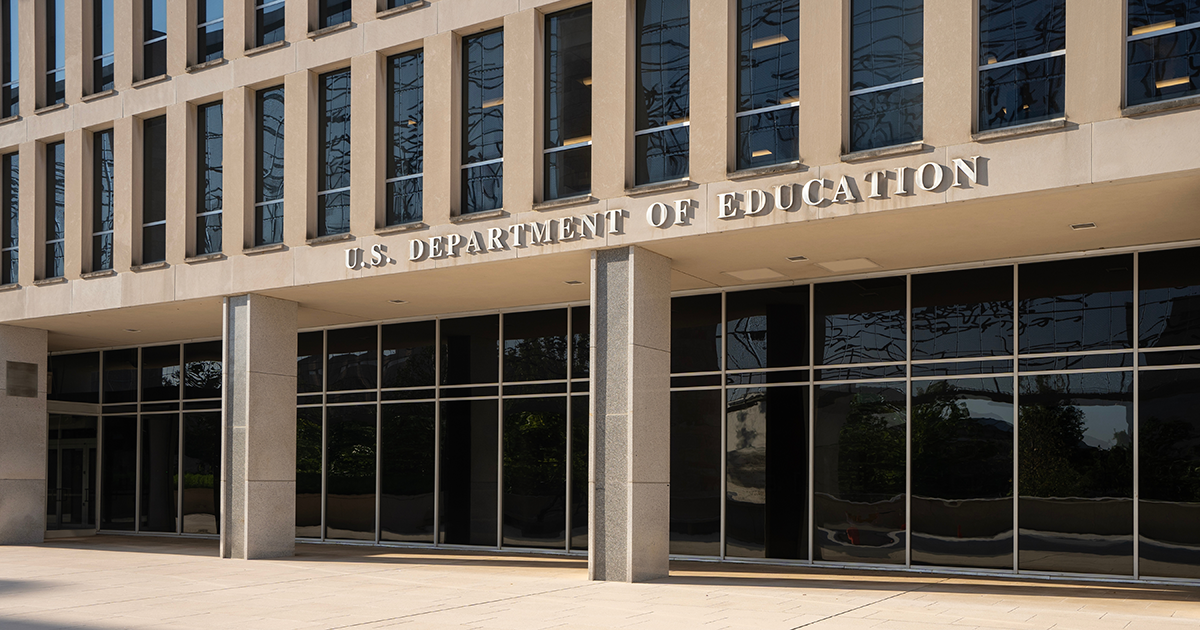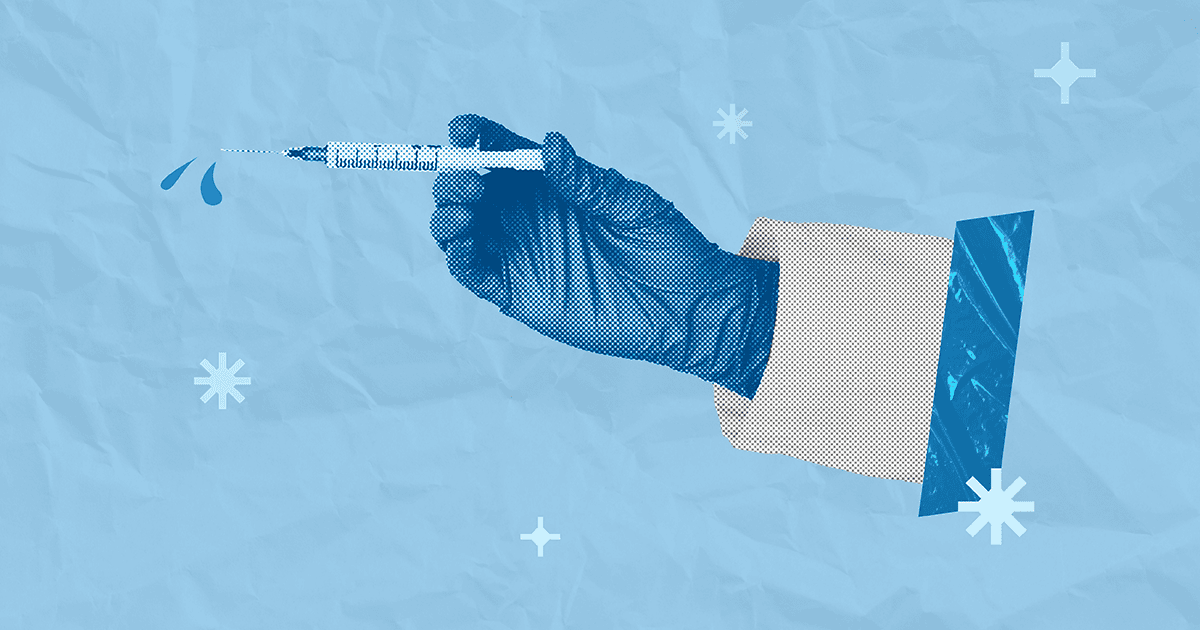A recent online article published in the Deccan Herald describes many of the symptoms experienced by astronauts when initially entering microgravity and re-entering Earth’s gravity after a space mission. These symptoms are varied and include disequilibrium, reduced eyesight, nausea and vomiting, dizziness, a loss of bone mass, the perception of a heavy tongue and lips (making speaking difficult), and a loss of the thick skin on the soles of the feet.
The dizziness and imbalance related to changes in gravity are thought to occur for several reasons. According to Heer and Paloski (2006), these may be related to internal hydromechanical changes or alterations in the relationship between the otolithic organs and gravity. The hydromechanical theory notes that, in microgravity, internal fluids and blood may move from their typical bias for the lower extremities, which increases intracranial pressure. Over time in space, the body equilibrates these fluid changes and symptoms resolve.
When astronauts re-enter Earth’s gravity, they experience orthostatic hypotension, as their internal hydromechanical systems need to adjust to blood/fluids again being pulled downward. The otolithic organ disruption theory states with a change in gravity, the otolithic structures are no longer pulled in a typical geotropic plane. This change causes a disagreement with visual and proprioceptive information (which may also be disrupted). Over time, the central vestibular system will compensate for these changes. When re-entering Earth’s gravity, the central vestibular system will again need to adjust to a change to gravitational forces acting differently on the otolithic structures.
References
Deccan Herald (2020). Dizziness, weightless tongue, baby feet: Challenges astronauts face upon return to earth.
Heer. M., & Paloski, W. H. (2006). Space motion sickness: incidence, etiology, and countermeasures. Autonomic neuroscience: Basic & Clinical, 129(1-2), 77–79.
Recent Posts
Department of Education Comment Period Closes; Academy Submits Formal Comments on Professional Degree Proposal
The public comment period has officially closed on the U.S. Department of Education’s proposed regulations redefining “professional degree programs” for purposes of federal student aid….
Kentucky Legislature Considers Updates to Audiology Scope of Practice
The Academy recently submitted a letter to the Kentucky House Standing Committee on Licensing, Occupations, and Administrative Regulations regarding House Bill 444 (HB 444), legislation…
Vaccination of Older Adults in the United States
In the United States, this time of year tends to coincide with cold and flu season. As such, it seems timely for us to review…


